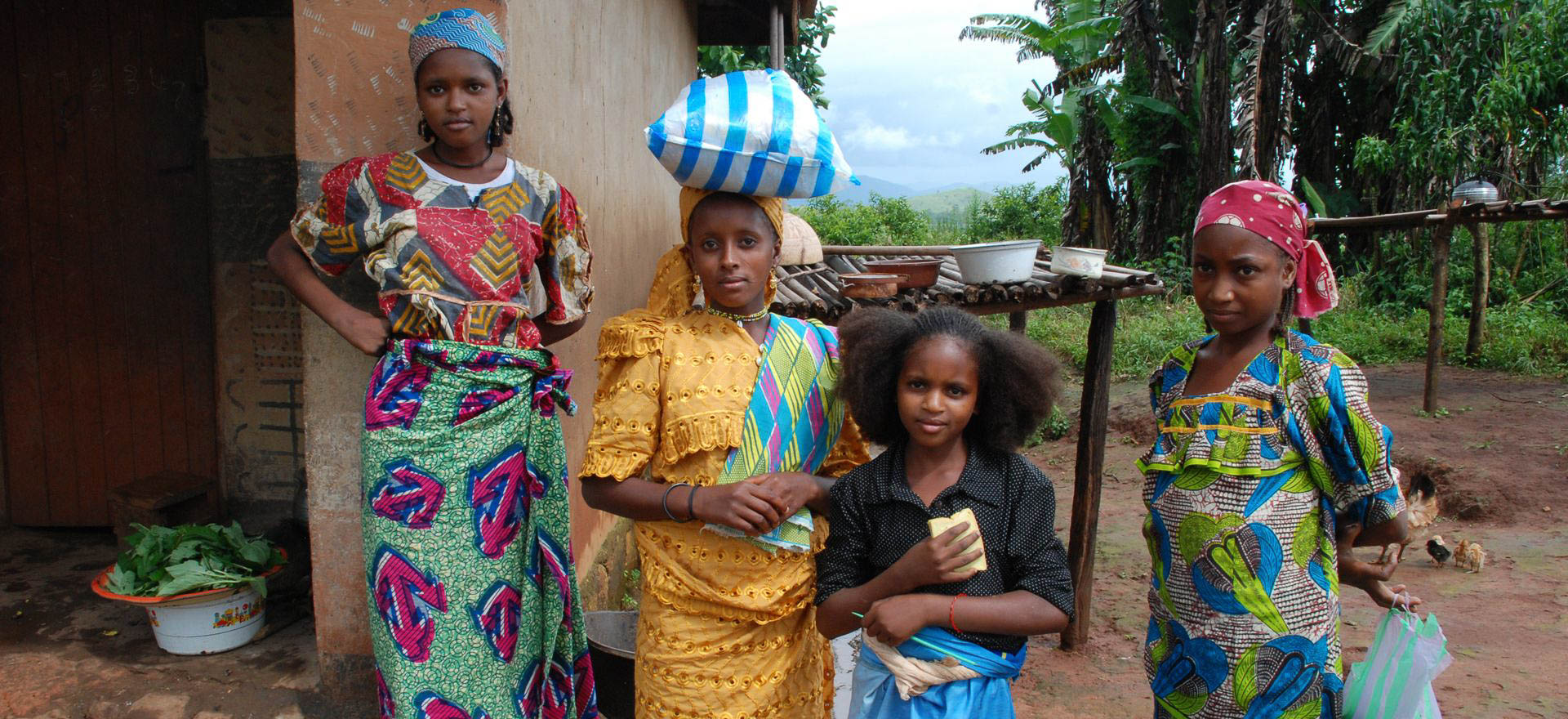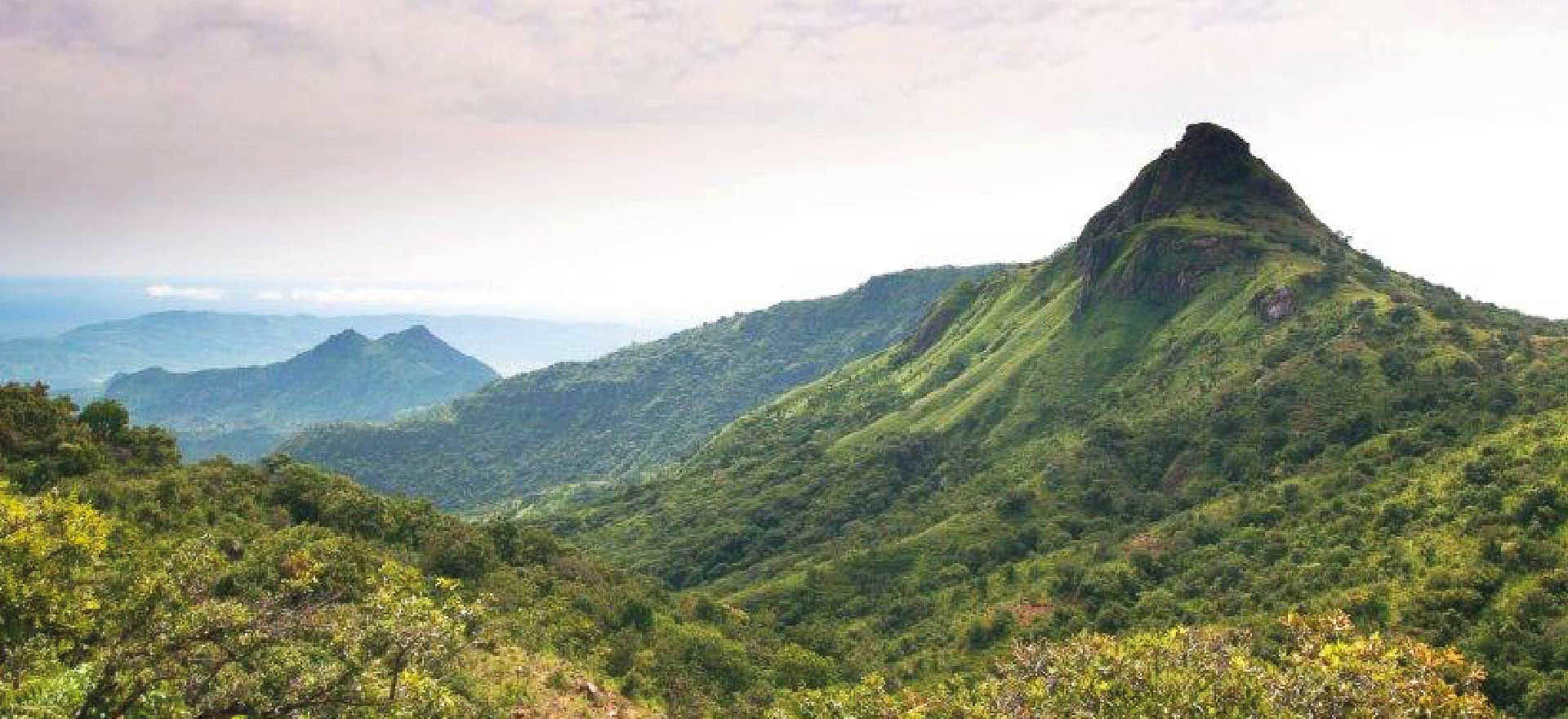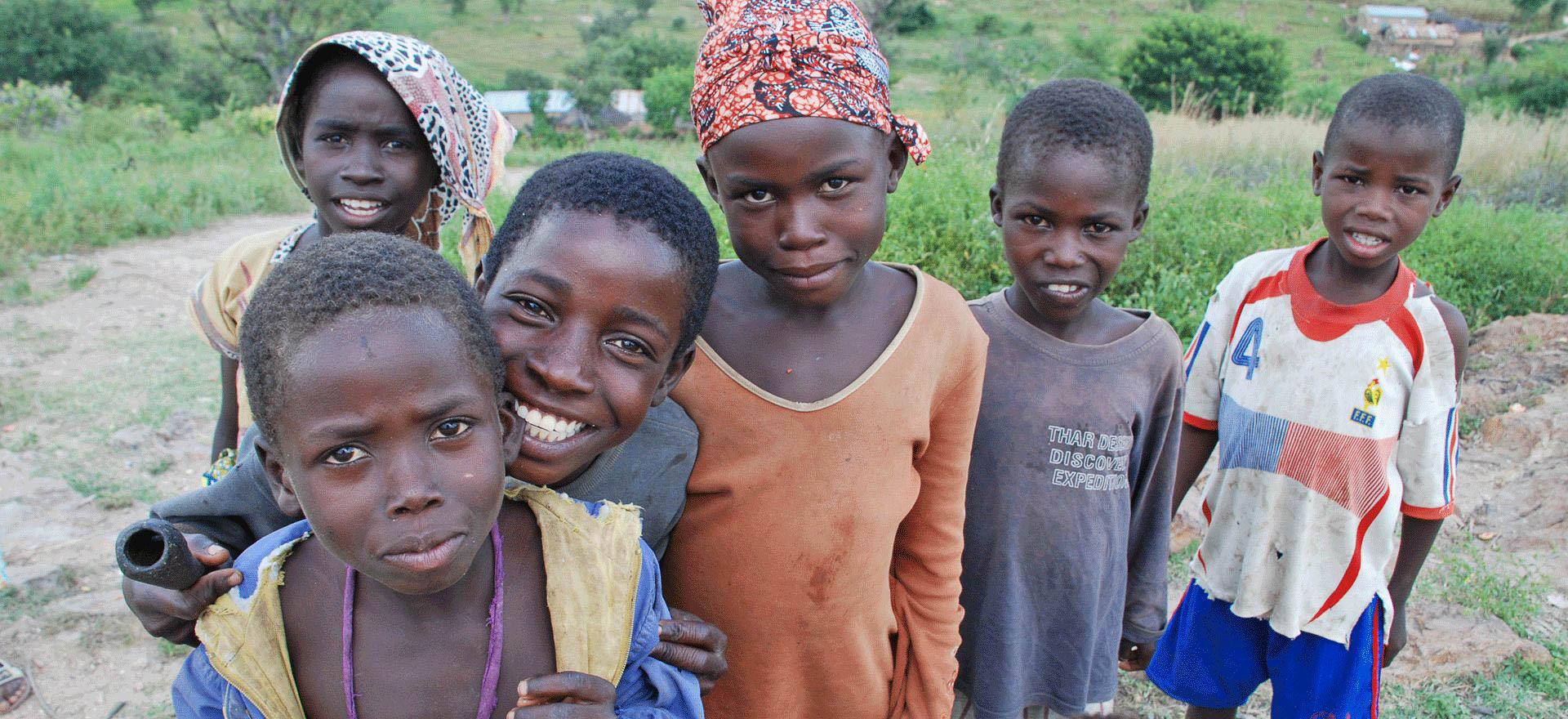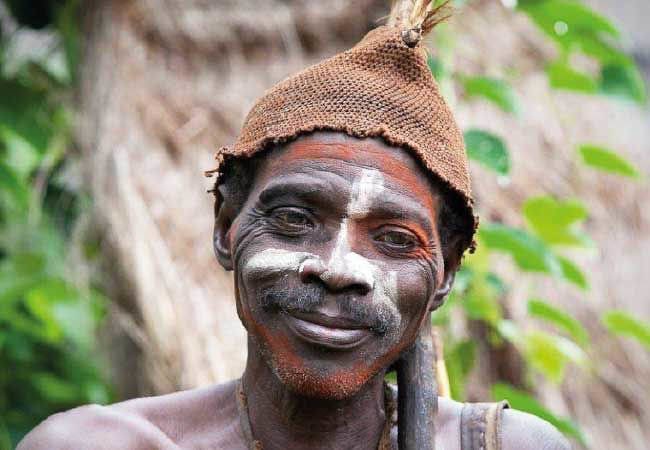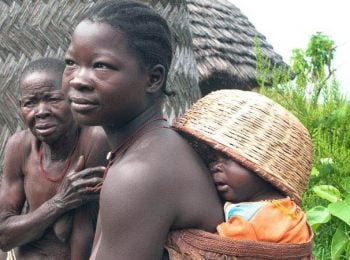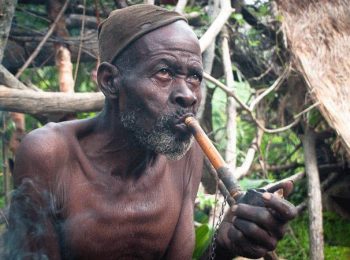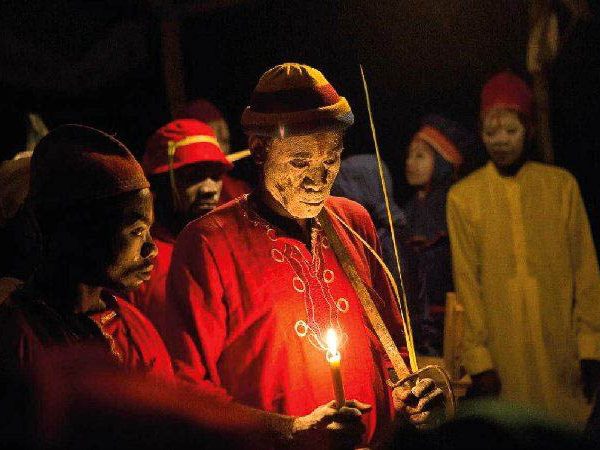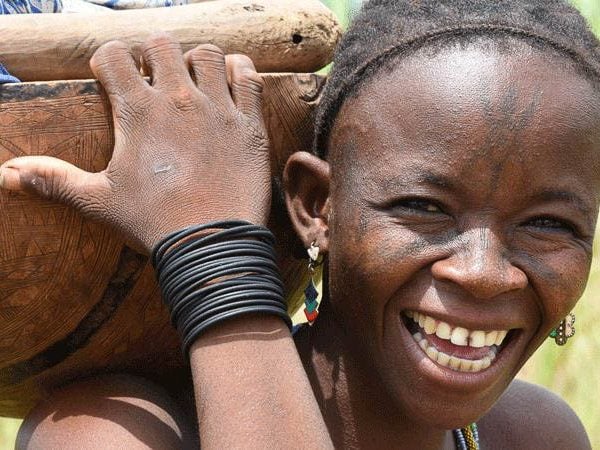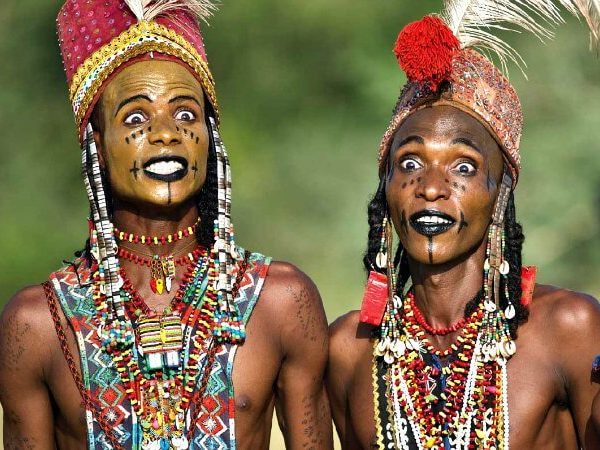Visas
Most travellers will require a visa to enter Cameroon. You may need an invitation letter in order to obtain this, depending on the requirements of the embassy that you apply at – we can provide this for you. Visa regulations can change however and so we recommend that you contact your nearest embassy for the most up to date information.
Health and vaccinations
We are not medically qualified and so we recommend that you speak to your doctor or nearest health professional for advice concerning recommended vaccinations. For more advice on vaccinations, you can also visit www.fitfortravel.nhs.uk.
If you have any physical limitations that might impact your ability to participate in the planned tour activities, it’s essential that you make us aware as soon as possible so that we can discuss this with you.
A Yellow Fever vaccination certificate is required for entry to Cameroon and you must bring this with you.
Insurance
It is a condition of joining our tours that you have suitable travel insurance in place, and we cannot accept travellers without insurance. All policies differ in terms of what they will cover, but as a minimum you need medical and health cover, which will cover you for the whole time that you are away. Most policies will also include cancellation cover, which will cover you if an unforeseen circumstance obliges you to cancel your trip. We recommend that you obtain your insurance as soon as you book your trip.
Please note that government travel warnings often affect the validity of your travel insurance, and you should check this with your insurance company.
Arrival and departure taxes
When leaving Cameroon there is a departure tax of CFA10,000 (approximately €15).
Money
The local currency in Cameroon is the Central African CFA, a currency that is shared with many other countries in the region. It is not, however, the same as the West African CFA, and the two are not interchangeable. It is best to bring Euros for exchange purposes as the CFA is not obtainable outside of the region.
It’s not difficult to change money in Cameroon, either at banks or the hotels and your guide can assist with this. There are also an increasing number of ATMs in larger towns. However, these are not always reliable and so it is best to think of them as a back up rather than a main means of obtaining money.
Credit cards are accepted in larger hotels and better restaurants (usually in Douala or Yaounde) but are not commonly accepted elsewhere.
Local conditions
When travelling to some of the destinations we offer, you need to bear in mind that things won’t always work here as we’re used to them working at home. Travelling in underdeveloped and untouristed destinations requires both patience and a sense of humour. There may be problems with infrastructure, attitudes may be different, and maintenance may not be as high a standard as we would always like, but this is very much part and parcel of travelling in such a place. We aim to resolve any issues as quickly as possible, and thank you for your patience.
Travel advice
We keep a very close eye on the travel advice issued by the UK Foreign and Commonwealth Office so that we can keep you up to date with any warnings. At the time of writing the FCO advises against travel to some parts of Cameroon that we visit.
We work very closely with our local team and are fully confident that we can operate tours safely in Cameroon. Should you have any concerns over safety please do not hesitate to contact us and we can address your concerns.
This relates to advice from the British government – other nationalities need to check the stance of their own governments.
Please note that the information contained above is highly susceptible to change, and while we endeavour to keep up to date we recommend that you use this as a guide only. Should you have any questions, please don’t hesitate to contact us.

